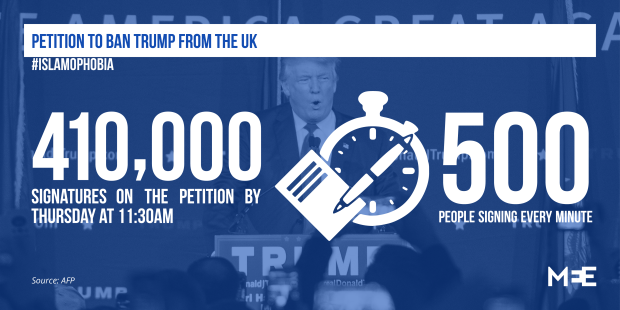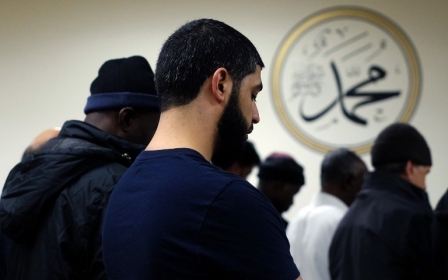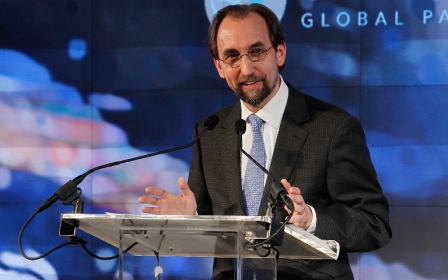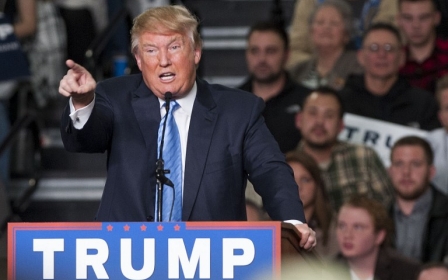UK campaign grows to ban Donald Trump for Muslim 'hate speech'
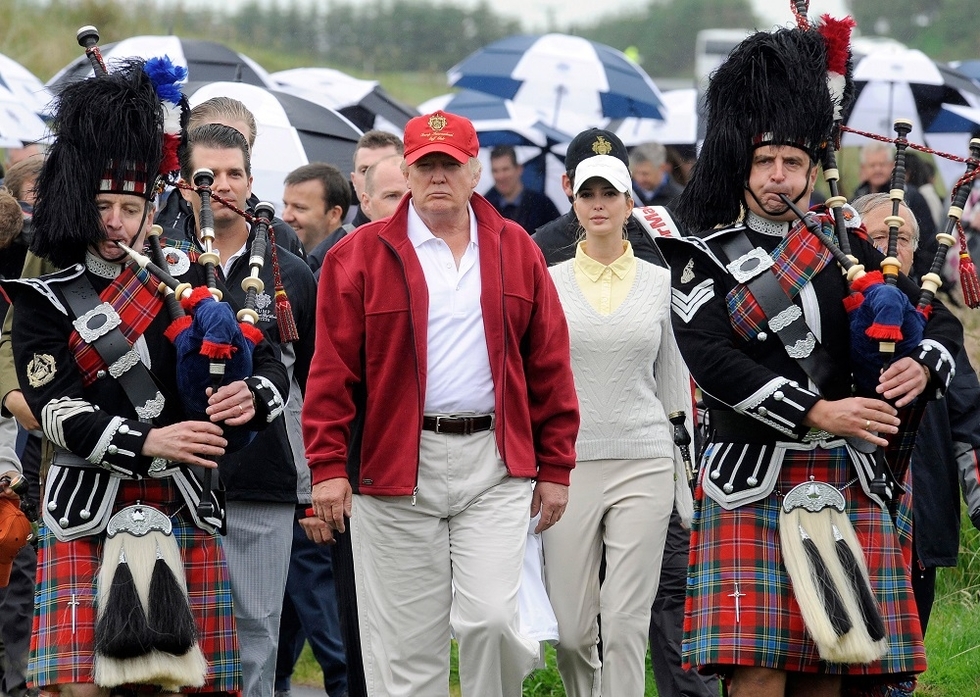
Internet activists, rights campaigners and politicians are calling for the British government to ban Donald Trump from the UK on the grounds of hate speech, after the Republican presidential hopeful called for all Muslims to be banned from entering the United States.
A petition on the parliamentary website has ammassed more than 400,000 signatures by Thursday, with about 500 people signing every minute.
The petition states: "The UK has banned entry to many individuals for hate speech. The same principles should apply to everyone who wishes to enter the UK."
"If the United Kingdom is to continue applying the 'unacceptable behaviour' criteria to those who wish to enter its borders, it must be fairly applied to the rich as well as poor, and the weak as well as powerful."
All petitions that pass 100,000 signatures must be considered for debate in parliament.
"Our country cannot be the victims of horrendous attacks by people that believe only in jihad, and have no sense of reason or respect for human life."
In comments later on MSNBC, Trump stated that parts of London were "so radicalised" that police were "afraid for their own lives".
His comments were widely criticised in the UK, with the Prime Minister's office stating: "The Prime Minister would clearly disagree with Donald Trump and think that his views are wrong" - a break from the tradition of not commenting on US presidential candidates, while London Mayor Boris Johnson said the claim was "simply ridiculous".
The petition against Trump was backed by British politicians, with Stella Creasy, a Labour MP, condemning the billionaire as a "hate preacher".
Humza Yousaf, a Glasgow MSP and the Scottish government's minister for international development, said on Monday that Trump's comments were "divisive and hateful". He added that he hoped the Home Secretary would give the petition "due consideration as we should not allow hate speech which seeks to divide communities unfettered access to the UK".
Tasmina Ahmed-Sheikh, a Scottish National Party MP, said: "It is within the gift of the UK Government to deny access to people who are hate preachers and not conducive to the public good.
"And so the test is does what Donald Trump has said amount to hate preaching? And I would suggest that it does, given that he has denounced an entire religion. And does it do the public good to have him preaching such things on our soil? I would say that on both he meets the test".
Trump has major business interests in Scotland.
The Muslim Council of Britain meanwhile responded to Trump's claim of London's radicalisation: “We have been told that those who espouse hatred have no place in the UK. It is sad to see Mr Trump becoming a vocal purveyor of anti-Muslim hatred, and, as such, we expect the same rules to apply to him if he tries to enter into the UK.
"We reject his ignorant remarks suggesting that London has no-go areas. Should he be allowed to enter the UK, and if he is able to name such areas, we would be happy to organise a multi-faith delegation to accompany Mr Trump and tour these areas, and pay for his lunch.”
British law
The government has the power to ban individuals from the UK on the grounds of hate speech, with dozens of people being refused entry on grounds such as "engaging in unacceptable behaviour by fostering hatred which might lead to inter-community violence".
Last year the Home Secretary, Theresa May, banned the French comedian Dieudonne for his anti-Semitic views and use of a Nazi-like "quenelle" salute.
A Home Office spokeswoman told the Middle East Eye that it did not comment on individual cases but said that the home secretary had the power to ban individuals "if there are public policy or public security reasons to do so".
It said all allegations of hate speech were considered on a "case by case" basis. The spokeswoman said it would not compare Trump's words to those of people who had been banned in the past.
Trump is currently leading polls for the Republican presidential nomination. The first primary takes place in six weeks.
Middle East Eye propose une couverture et une analyse indépendantes et incomparables du Moyen-Orient, de l’Afrique du Nord et d’autres régions du monde. Pour en savoir plus sur la reprise de ce contenu et les frais qui s’appliquent, veuillez remplir ce formulaire [en anglais]. Pour en savoir plus sur MEE, cliquez ici [en anglais].


